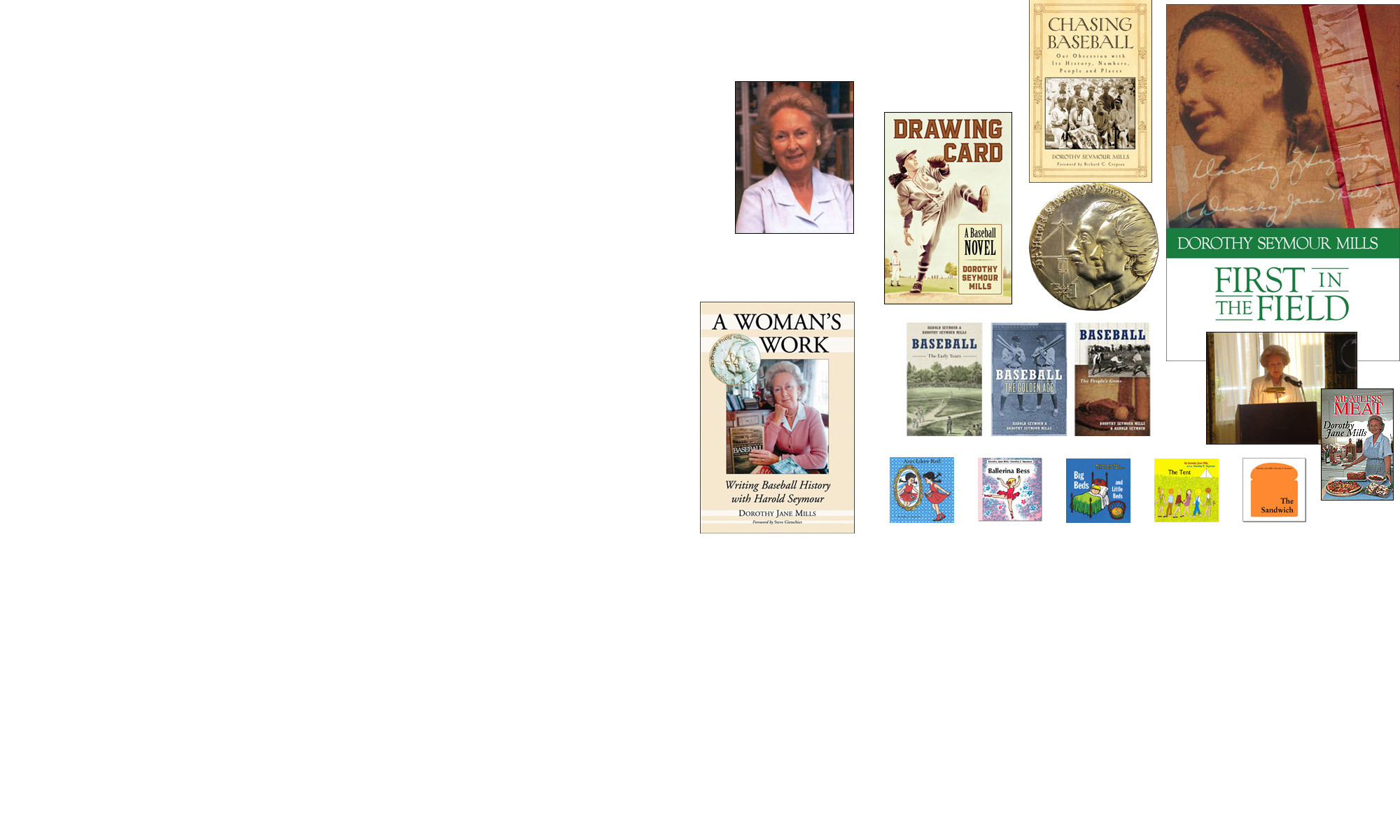This week I emailed Acura, the car maker, to make clear my disapproval of the company’s ad in the New Yorker magazine dated July 22. It showed a photo of a car and another of a woman with the words MADE FOR MANKIND. This ad appeared to be stating that cars and beautiful black women are made for mankind. “What do you have for womankind?” I asked Acura. “Or, better yet, for humankind?”
My preoccupation with the outdated usage of “mankind” to mean “human beings” began in the 1970s, when the editors (I was one, at the time) for Boston publishing companies (there were many, at that time) met and decided that henceforth they would edit out the word “mankind,” when used to mean “everybody,” to read “humankind” or “humans” instead. That was when I began to realize that word usage could make half the world population invisible by subsuming “woman” into the term “man.” Sometimes the word used by careless writers was “men,” and that was supposed to subsume “women,” who were so unimportant that they need not be broken out of the masculine noun, which represented the whole of humanity. No wonder we need groups like the National Organization for Women (NOW) to reveal that women exist.
Boston editors should be praised for bringing this matter to the attention of the publishing world. Other groups have contributed to progress, too, by approaching this matter in a different way. About 30 years after this event, I learned how another group tackled it.
My late husband Roy Mills and I were visiting New York City, and I wanted him to experience the room at The Museum of Modern Art with walls full of Monet’s Water Lilies. As we sat there surrounded by beauty, a museum employee entered to announce that a film was about to be shown in another room, a short comedy made in Canada. Roy was Canadian, so we decided to watch it with others.
The film featured a young unsophisticated woman from the country who had come to The Big City for a job and landed one with a huge international company. She had a lot to learn all at once, and knew it. Shortly we saw her at her first company meeting, where the employees were listening to the president explain the company’s goals and plans for the future. As she listened, she became increasingly confused. Finally, she poked the long-time male employee next to her and said softly, “He keeps saying that the company is going to fulfill the needs of man. Isn’t it going to fulfill the needs of woman, too?”
The employee explained, “When he says man he really includes woman, too.”
The young woman tried to grasp this concept, which was new to her. An employee seated on her other side assured her, “Yes, that’s true. The term man includes woman, too.” She nods solemnly, trying to let this idea sink in.
After the meeting the young woman walks down the hall toward her office. She passes a door with the sign MEN. She pauses. We see her recalling what she has just learned in the meeting, and we hear the words of the reassuring employees once more. Finally, she opens the door and enters. And she encounters her first urinal.
She stands there, considering. She seems to know what it’s for but not how to use it. The urinal is free-standing, so she begins walking around it, wondering how she can tackle it. By then the theater audience is giggling in enjoyment at her predicament. Finally, she approaches it. She realizes that in order to use this device she will have to come at it from a different angle. The urinal has a pipe in the center, so she begins climbing the pipe. Awkwardly mounting it, she is soon hanging precariously from on high, and the audience is laughing delightedly.
I will have to leave her suspended from her pipe, for that’s all I remember about the film. The Canadians, you see, have come at the problem of discrimination through word usage not by making an editing decision but by showing us how ridiculous that usage is. They expect the film viewers to be able to edit themselves.
Too bad the writers for the advertising agency used by Acura never had a chance to see that Canadian film. Learning by means of humor is always fun.
